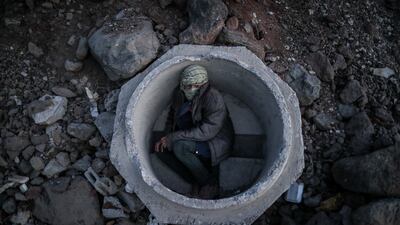The crossings along the mountainous 540km border between Turkey and Iran are protected by a concrete wall, with a barbed-wire-topped barrier that stretches for 140km but which does little to stop thousands of mostly young people fleeing from Afghanistan, Pakistan and Iran every year to leave conflict, violence and despair behind in search for a better life.

With no prospects of a decent future at home, they are forced to leap into the unknown and gamble on their quest for a dream that for many turns out to be a nightmare.
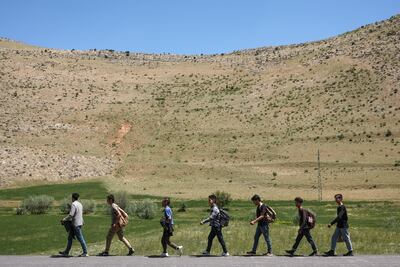
Ahmed and his six friends walked for 28 days. They left Afghanistan looking for a future in Europe and found themselves in the middle of an almost deserted area near the lran-Turkey border on Turkish soil.
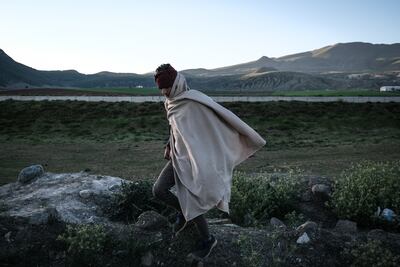
“I am a Turkmen from Afghanistan. A month ago, we started our journey in Afghanistan, coming through Iran and from there to Turkey. I want to go to Ankara. I will work there. I will send money to my hometown," Ahmed tells EPA.
“Mum and Dad need money. There are no jobs there, so we have to come here."
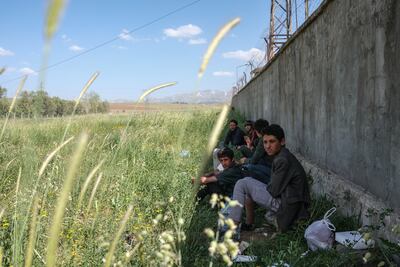
In the past 10 years, Turkey has become one of the most important countries on the migrants’ route to Europe.
The country is home to one of the largest refugee populations in the world, especially Syrians.
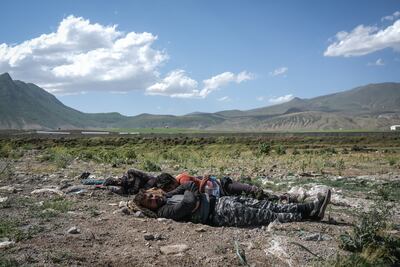
In the city of Van, near the Turkish-lranian border, human trafficking is barely concealed. Refugees pay between $600 and $1,000 each to cross, depending on the security situation at the border.
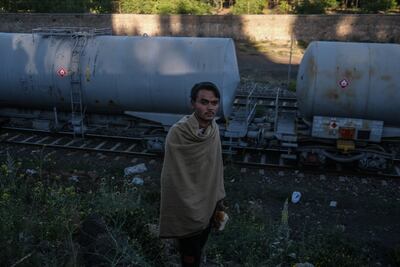
According to smugglers EPA spoke to, migrants arrive at the Turkish border after walking through rugged Iranian mountains for days. They get into the country through the districts of Ozalp and Baskale and are kept in safehouses in Van, often for several days.
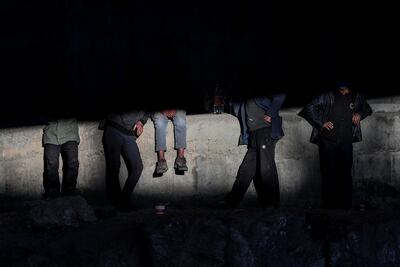
There, they wait for the contact. If they are lucky they will find shelter under bridges, abandoned shepherd's houses or a barn. If not, they must sleep out in the open.
Some travel in groups of five, others in 10s. The route and tensions will inevitably force the groups to split. A telephone will be the only form of contact with the smugglers throughout the journey.

For the survivors who make it across the border, the next stop is Diyarbakir, the largest city in south-east Turkey and the honorary capital of the Kurds.
There, migrants and refugees wait for days for someone to take them in a bus, living off the charity and goodwill of the locals. Most of them will have to make it on their own beyond this point, once they realise they have been abandoned by smugglers who have stopped picking up their phones.
